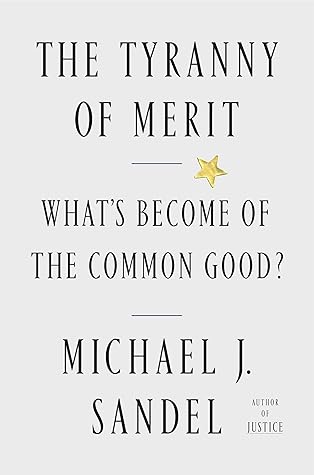Noting that productivity rose during the 1980s and 1990s but that wages did not, he doubted that inequality was due mainly to a failure of education. “The real problem was one of inadequate worker power, not inadequate worker smarts. The people who produced were losing their ability to demand a share in what they made. The people who owned were taking more and more.” Failing to see this led Democrats “to ignore what was happening in the real economy—from monopoly power to financialization to labor-management relations—in favor of a moral fantasy that required them to confront no one.”
Welcome back. Just a moment while we sign you in to your Goodreads account.


